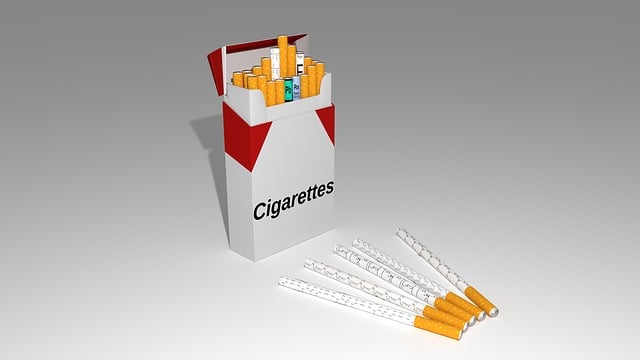The Lakeland Behavioral Health Lawsuits spotlight patient harm and unsafe practices at a Florida mental health center, advocating for justice and accountability. Survivors' voices demand change to protect future patients, aiming for transparent, regulated healthcare environments that support healing from past trauma. This lawsuit drives systemic improvements, ensuring better care and oversight in the wake of historical mistreatment.
“In recent years, the Lakeland Behavioral Health Lawsuits have brought critical attention to issues of patient rights and treatment within mental health facilities. This article delves into the complex landscape of these lawsuits, exploring the struggles faced by victims seeking justice. We examine their fight for accountability and highlight the importance of healing and reform. By understanding the nuances of Lakeland Behavioral Health Lawsuits, we can advocate for improved patient care and ensure that those harmed receive the justice they deserve.”
- Understanding Lakeland Behavioral Health Lawsuits
- The Fight for Justice: Victims' Rights
- Healing and Accountability: A Path Forward
Understanding Lakeland Behavioral Health Lawsuits

The Lakeland Behavioral Health Lawsuits refer to a series of legal proceedings brought against Lakeland Behavioral Health (LBH), a Florida-based mental health treatment center, by individuals who allegedly suffered harm during their stay at the facility. These lawsuits highlight concerns regarding patient safety, ethical practices, and appropriate care within LBH.
Plaintiffs in these cases often claim neglect, abuse, or inadequate treatment while under LBH’s care. The suits may involve allegations of physical harm, emotional distress, or failure to meet industry standards for mental health facilities. Understanding the nuances of Lakeland Behavioral Health Lawsuits is crucial as they shed light on potential systemic issues within such institutions and advocate for justice for victims who have endured traumatic experiences.
The Fight for Justice: Victims' Rights

The journey towards justice for victims involved in the Lakeland Behavioral Health Lawsuit is a testament to the resilience and determination of those seeking accountability. This legal battle highlights the importance of advocating for the rights of individuals who have endured trauma and mistreatment within institutional settings. Many survivors have bravely stepped forward, sharing their stories and demanding change.
By standing up for their rights, these victims aim to ensure that no one else has to go through what they experienced. The fight for justice goes beyond seeking compensation; it involves holding institutions and those in power accountable for their actions. This process can be lengthy and emotionally challenging but is crucial in creating a safer and more transparent environment, especially within healthcare facilities.
Healing and Accountability: A Path Forward

Healing and accountability go hand in hand when it comes to moving forward from the traumatic experiences endured by victims of the Lakeland Behavioral Health lawsuit. This journey toward healing involves acknowledging the past, seeking justice, and fostering a culture of transparency and responsibility within the healthcare system.
For many victims, the process of healing is about more than just legal repercussions; it’s about ensuring that similar tragedies don’t occur again. By holding institutions accountable for their actions, especially in cases like the Lakeland Behavioral Health lawsuit, we can spark much-needed change. This includes implementing stricter regulations, enhancing oversight, and providing comprehensive support to those who have been affected by such incidents. Such measures contribute to a path of healing and recovery while also promoting a more responsible and compassionate healthcare environment.
The journey towards justice for victims of Lakeland Behavioral Health lawsuits is a complex but necessary process. By understanding the legal aspects, advocating for victim rights, and pursuing healing and accountability, we can create a path forward that ensures such incidents are not forgotten or repeated. The fight for justice is not just about seeking compensation; it’s about holding institutions accountable, fostering transparency, and ultimately, promoting the well-being of those who have endured unimaginable trauma.
